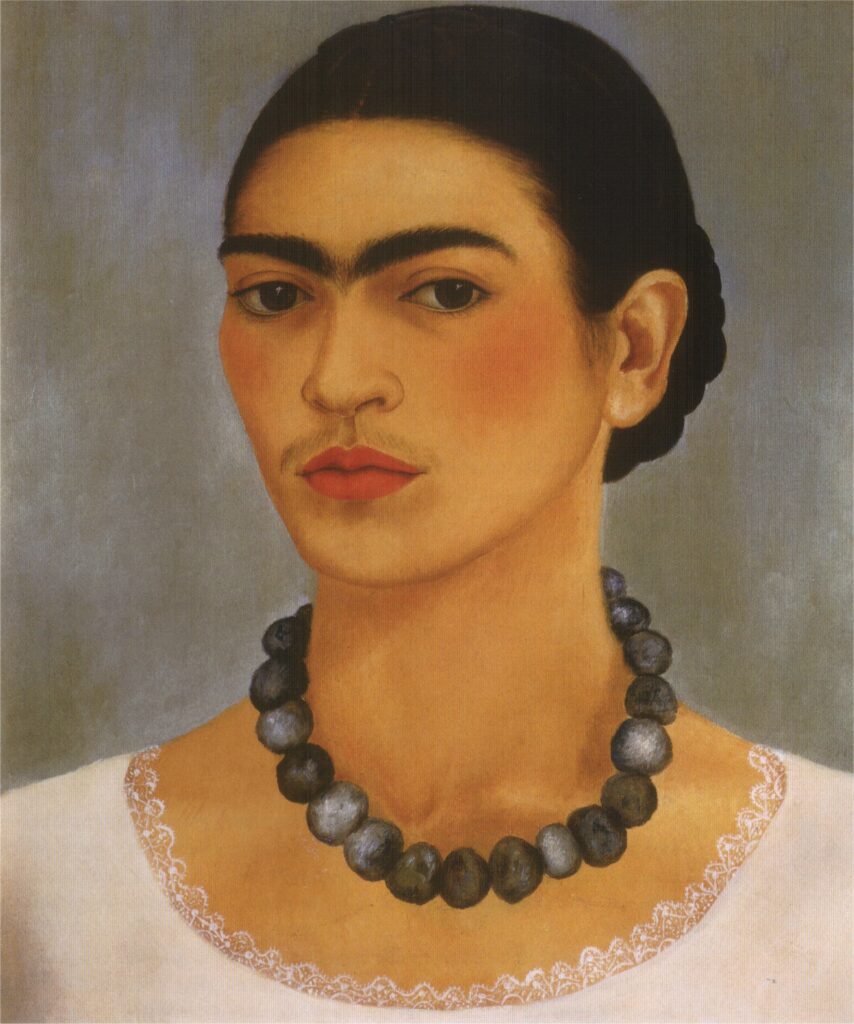
Polycystic ovary syndrome (PCOS) is a complex hormonal condition that affects many women of reproductive age, and it’s one of the leading causes of infertility. Diagnosis typically follows the Rotterdam criteria, which include two of the following: elevated androgen levels (which may show up as excess body hair, male-pattern baldness, or acne), irregular menstrual cycles, and polycystic ovarian morphology. While the exact cause remains unclear, genetics, lifestyle, and diet all play important roles.
For many women, conventional treatments come with side effects or offer limited relief. That’s why more and more are turning to complementary therapies, like homeopathy, to support their healing journey.
Homeopathy offers a gentle, holistic path that works in harmony with the body’s natural ability to heal itself. Remedies are drawn from natural sources such as plants and minerals, and when combined with lifestyle changes like weight management, balanced nutrition, and regular movement, they can help ease symptoms and restore balance.
In my everyday work, women often come seeking help for weight gain, hair loss, or hirsutism. But the most common concerns I hear are menstrual irregularities and infertility. Regardless, our approach remains consistent: we aim to gently restore the hormonal balance, disrupted by PCOS, supporting ovulation and easing other symptoms along the way.
What makes homeopathy unique is its focus on the whole person, not just the diagnosis. No two women experience PCOS in the same way, so no two treatment plans should be alike. The right remedy reflects your individual story, addressing both physical symptoms and emotional wellbeing to create a truly personalized path to healing.